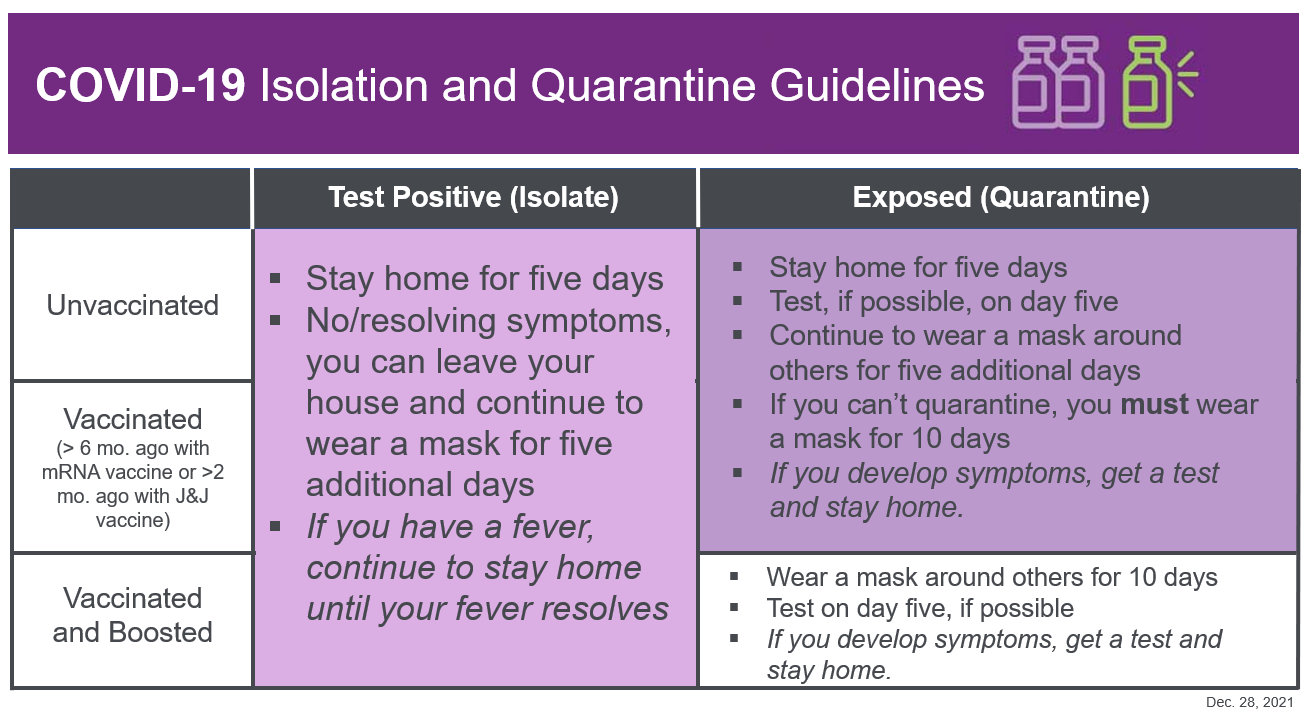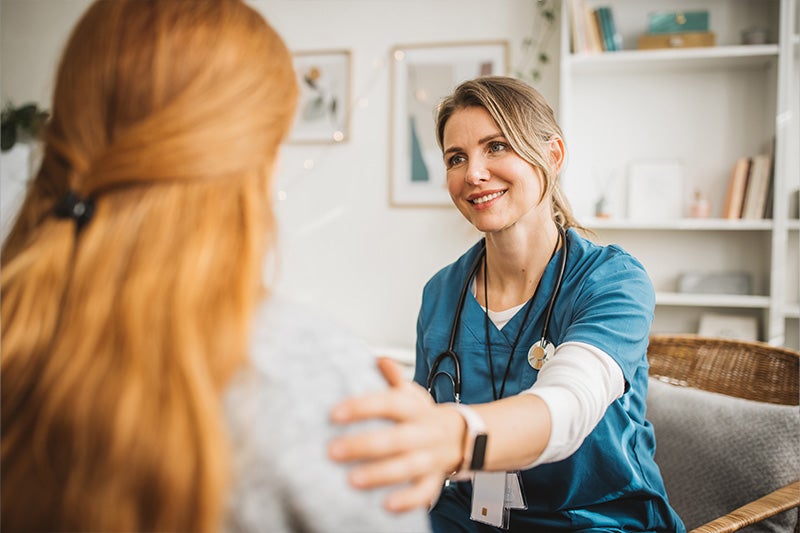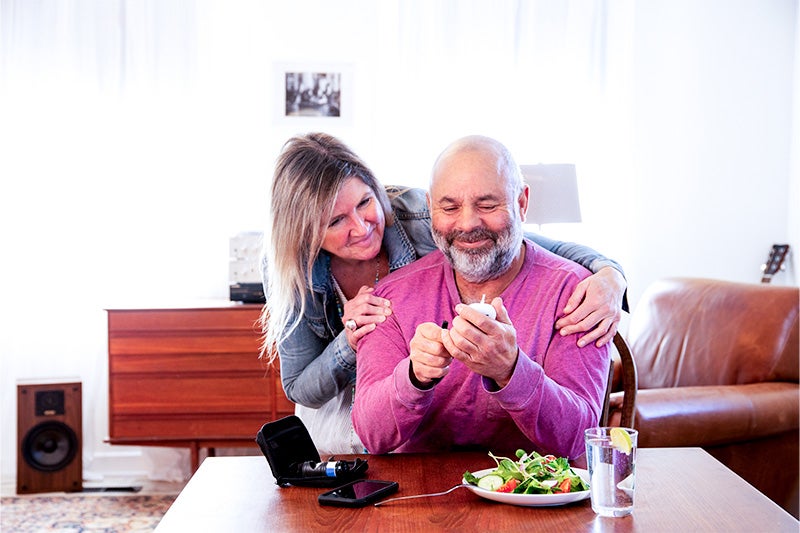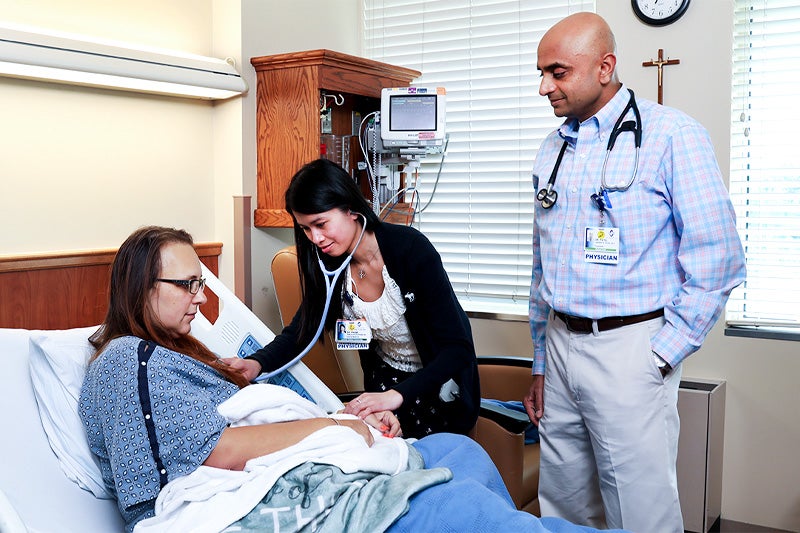How to Protect Yourself and Others During the Latest COVID-19 Surge
December 28, 2021
By: Mark Ralston
Categories: COVID-19
Learn how to protect yourselves, your loved ones, and your communities.
The U.S. is currently facing record numbers of new cases of COVID-19, as the Delta and Omicron variants spread rapidly across the nation. For many, the surge in cases has led to an understandable increase in anxiety and fatigue. This surge is affecting us here in Northeast Georgia, too, with record numbers of people seeking testing and increasing numbers of people seeking care.
We care deeply about you and your well-being, both physical and mental. While we are still learning more about these variants, there are several steps you can take to protect yourselves, your loved ones, and your communities.
Get vaccinated.
If you have not already been vaccinated against COVID-19, doing so offers the best source of protection against the disease. The CDC now recommends the Pfizer/Bio-N-Tech (Comirnaty) or Moderna vaccine over the Johnson & Johnson vaccine, as these vaccines have proven more effective in preventing infection, hospitalization, severe illness, and death.
If you are eligible, get boosted.
While we continue to learn more about the new variants, the booster appears to offer substantially more protection against both the Delta and Omicron variants of COVID-19.
Wear a mask.
The latest variants are more transmissible than earlier variants, so wearing a mask is more important than ever. A properly fitted N95 mask offers the best protection. When in public, wearing two masks, such as a surgical mask under a well-fitting fabric mask, can improve the fit and lower your risk of exposure.
Avoid crowds when possible.
The Omicron variant is exceptionally transmissible, so crowded areas put you at a higher risk for COVID-19. This is especially true indoors and in areas with poor ventilation.
Wash your hands frequently.
While COVID-19 is primarily spread through the air, practicing proper hand hygiene can still lower your risk of catching or spreading it. Washing your hands often can also protect you from other common viruses such as the flu and RSV, which are circulating at high levels this year.
What to do if you think you might have COVID-19
Stay home if you’re sick.
The best way to prevent spreading any illness is by staying home when you’re not feeling well.
Get tested.
Though COVID-19 tests are in limited supply due to the surge in cases, you may be able to find a testing center near you using this search tool from the Georgia Department of Public Health.
Seek emergency care if symptoms become severe.
All three of our emergency departments are here 24/7 to provide care in medical emergencies.
Be patient.
Patients with the highest level of illness are seen first, so those with mild symptoms may have a significant wait – potentially several hours – due to high volumes.
IMPORTANT:
COVID-19 testing is not available at our emergency departments for those without symptoms. Please go to the Georgia Department of Public Health COVID testing webpage to find a testing location near you.
Quarantine to protect others.
Follow the latest CDC guidance for isolation (when you have tested positive) or quarantine (when you’ve been exposed).



